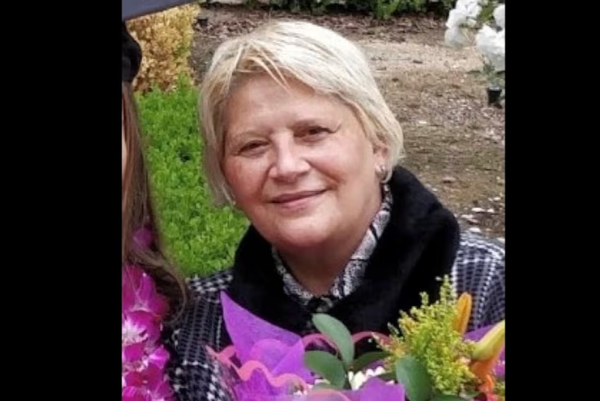
Thousands of National Disability Insurance Scheme (NDIS) recipients are disputing how much funding they receive at the Administrative Appeals Tribunal (AAT) as families have their payments slashed, Senate estimates has heard.
Amid funding cuts and ministerial complaints that the NDIS is too costly, more and more people are turning to the tribunal to fight for more funding. But questions have been raised by Greens Senator Jordon Steele-John and Labor Senator Kim Carr not only about the AAT’s capacity to deal with the high caseloads but also about tribunal members’ willingness to do so.
A mammoth surge

In the past six months, an extra 1423 people with disabilities have taken their complaints to the AAT for review than in the previous financial year. A staggering 3583 of those accessing funding through the NDIS lodged cases for their access, plans and funding to be reviewed between July 2021 to January 2022, just 1558 of which were finalised.
Comparing AAT applications from July 2021 to January 2022, there was a 400% increase in people disputing what their NDIS plans consisted of, a 200% increase in those disputing their funding, and a 58% increase in people disputing access decisions to the NDIS.
The latest AAT annual report found 80% of lodged applications were for a review of decisions relating to supports funded under a participant’s plan. In 2018, the median time to finalise a case was just six weeks — compared to 19 weeks in the six-month period between July 2021 to January 2022.
Not a fair fight
As previously revealed by Crikey, a huge number of people with disabilities show up to the AAT without legal representation — 20% in 2019-20. Ninety-eight per cent of NDIS matters didn’t go to a tribunal hearing, with cases dropped or settled after meeting with legal representatives of the National Disability Insurance Agency (NDIA).
Meanwhile, the NDIA throws money at external legal firms, while also using its team of in-house lawyers. Freedom of information documents show that across 2020-21 the NDIA paid $17.3 million to legal firms representing external legal matters — an increase of 30% from the previous financial year.
Mandatory NDIA reporting of legal services contracts valued at more than $100,000 showed Beaumont Legal received $6.4 million across 21 contracts; Ashurst Australia received $3.8 million over six contracts, and Clayton UTZ received $2.7 million over three contracts.
In 2019-20, just 18 cases were heard in front of a tribunal member — of these, 72% ruled at least partially in favour of the applicant. Disability advocate Karen Kline is calling for better legal representation for people with disabilities, compiling a list of barristers willing to work probono on NDIS cases in the AAT.
“If you can hang in there, you’ve got a pretty good chance of winning,” she told Crikey.
Calls have previously been rejected to make the outcomes of those settlement meetings publicly available.
NDIS Minister Linda Reynolds has in recent months questioned whether the scheme was “making people less functional over time”, saying it was never intended to function as “welfare”.
But her logic is flawed: the NDIS was formed to meet obligations under the United Nations Convention on the Rights of Persons with Disabilities and to assist people with their life, work and social goals. The scheme’s cost is in line with 2012 Australian Government Actuary estimates.
If cases aren’t being heard — what’s the AAT doing?

Carr questioned why AAT deputy president of the NDIS division Fiona Meagher was on such a high salary given just 2% of NDIS matters make it to a tribunal hearing. He questioned how other division heads, such as in the social security and child support division, finalised 1000 applications a year in comparison.
At the NDIS division, Carr said Meagher finalised just 29 applications between 2018-19 while on a salary of $295,000 and a further five in 2019-20 while on a salary of $329,000. In Meagher’s current role, Carr said, she’s on a salary of around half a million dollars and has finalised just three applications.
“[In 2019-20] that was $65,000 per application,” Carr said.
AAT acting registrar Jamie Crew said caseloads were difficult to compare across divisions and that Meagher has a number of other responsibilities, such as looking at ways to triage and streamline NDIS decisions, and has conducted 194 events and directions hearings.
Questions have also been raised around the lag between tribunal members being appointed to a role, completing their induction and being sworn in and assigned cases, with further concerns raised about the underperformance of tribunal members.
This article has been updated to reflect that Meagher did not hold a role in the social security and child support division.







